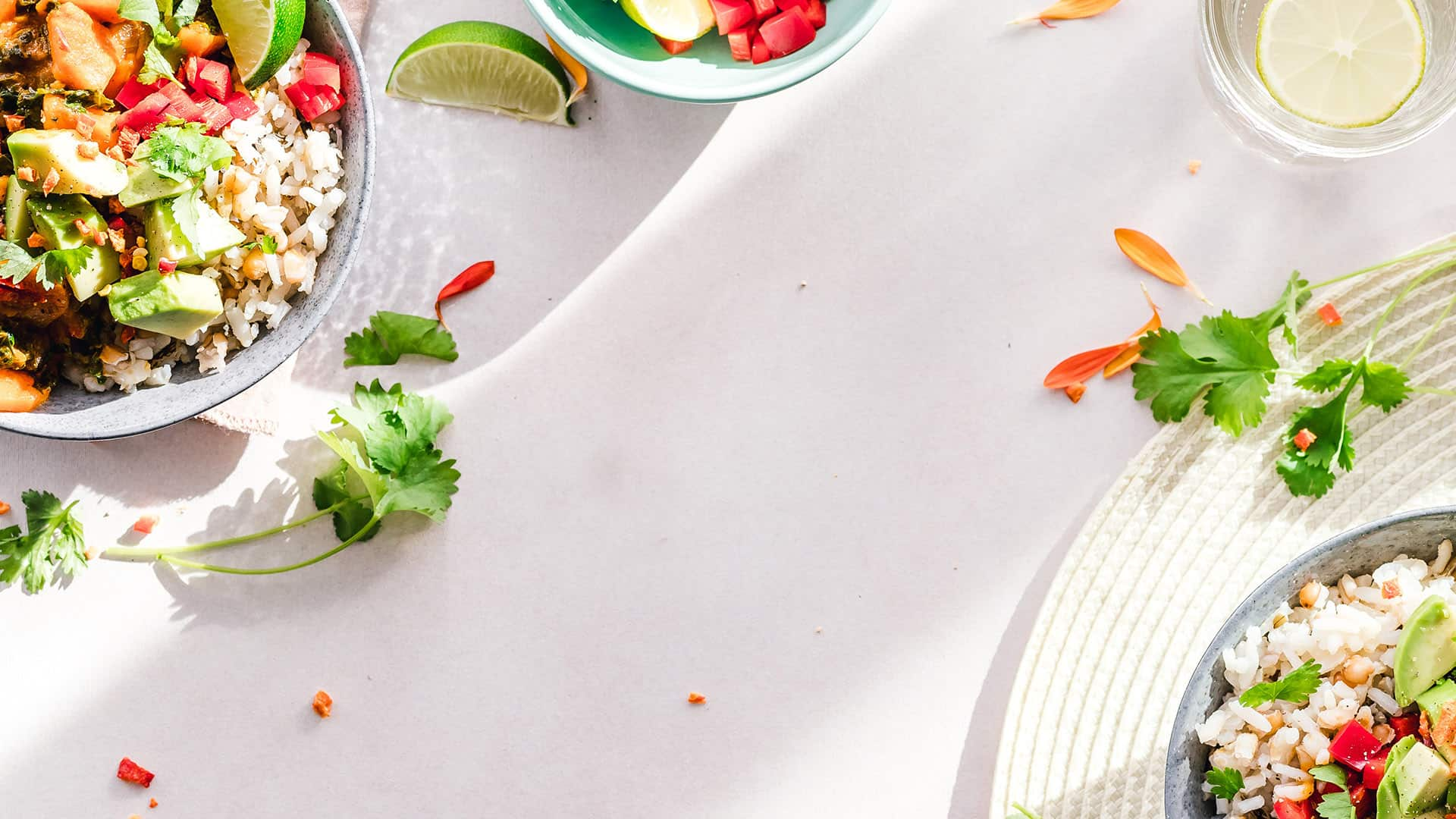

The Future of Food Production Speaker Profile: “With our solution, we can reduce the water consumption by at least 50% and increase crop yields by 30% – and it’s available right now!”
“People tend to think the immediate problems are the most important ones and that they are the ones that need to be solved as soon as possible,” suggests Alex Palin, Co-founder of the IoT-based automated irrigation company, IRRIOT, which stands for ‘IRRigation Internet of Things’. “And although I agree, 2050 and a planet of ~10 billion people is not as far away as people think – it’s just around the corner and the challenges we face are inevitable.”
We need to fight water scarcity. A recent study found that, on average, 33% of the global population suffers from water scarcity. Meanwhile the agricultural sector accounts for a large percentage of freshwater consumption – this is where most of the water waste occurs and hence where the greatest savings are to be found. Meanwhile, an increasing population is demanding increased food production, which when combined with the shortage of agricultural land creates a huge conundrum. ”We all need to act now to build our sustainable future, to secure food production, implement new technologies and save the planet’s resources.”
Palin will be one of the six exciting young companies pitching his technology to a panel of expert judges on day two of The Future of Food Production Summit, 16 November.
He and his team have developed an IoT wireless irrigation solution, which addresses mobility and affordability issues for customers. “We use the latest ultra-long range radio communication to eliminate all expensive in-field wiring,” Palin explains. Its solar-powered watering stations are environmentally friendly and maintenance free. In the backbone, there is a full-scale industrial irrigation controller, including access to IoT cloud, intelligence, alarms and weather forecast through mobile and web apps.
Explaining the genesis of his company and innovation, Palin recalls what he describes as a “lucky coincidence”.
“My co-founder Mikhail [Soloviev], who’s an expert in radio and telecom technologies from Ericsson, developed an irrigation automation system for his small garden, It was just a hobby and something he created to water his garden in the few weeks that he was going to be away.”
My co-founder Mikhail [Soloviev], who’s an expert in radio and telecom technologies from Ericsson, developed an irrigation automation system for his small garden, It was just a hobby and something he created to water his garden in the few weeks that he was going to be away
Friends for more than 10 years, Palin and Soloviev were always sharing ideas and when Soloviev returned from his vacation, the pair discussed the potential of different telecom and IoT technologies for wireless irrigation automation in all kinds of farms and other areas in need of irrigation, such as parks and public areas, cemeteries, botanical gardens, etc.
“LoRa was the technology we discovered and agreed that it was suitable for most of the applications for our future product,” recalls Palin. “Within three months, we’d developed a first wireless prototype and installed it at one of our pilot customers’ farms in Stockholm.
“During that time, we collected lots of feedback from the field staff and approached more potential pilot customers to get their feedback as well. After 18 months, the commercial product was born and developed. The system is really helping customers to save a lot of water, eliminate the human factor, we’re using solar power to drive the valves in the field from very large distances without cables, while the sensor data is helping to achieve the highest precision possible, automating pumps, fertigation, and so on.”
With around 70% of freshwater resources consumed by agriculture, that’s exactly where most of the waste happening, according to Palin. “There is still a lot of manual labor involved and old wasteful technologies used,” he says. “With our solution, we can reduce the water consumption by at least 50% and increase crop yields by 30% – and it’s available right now!”
As well as pitching his own solution, Palin is looking forward to hearing from many other speakers at this year’s Summit. Ever the pragmatist, he believes no one solution holds the key to building a more sustainable food production system, one that is more efficient and resilient, but it will require a huge suite of tools. “Any technologies that can help us save resources, especially water, increase the crop yields from the same fields, achieve higher precision, these will be the technologies that will likely have the most impact,” he feels. “I also have great hopes for autonomous electric tractors and other machinery, as well as sensor technologies and real IoT in agriculture.”
Any technologies that can help us save resources, especially water, increase the crop yields from the same fields, achieve higher precision, these will be the technologies that will likely have the most impact
He laments a world today in which there are many problems, but he dreams of the whole world, regardless of geography and political or social situation, acting immediately towards the common goal – securing food production and reducing water scarcity. “I think there should be more governmental initiatives in form of grants and other support for farmers and growers around the world,” he says. “Also, with the current energy crisis, I think it’s obvious that we need to grow more locally, to avoid logistical problems and the need for additional storage space.”
The Future of Food Production Summit is a virtual conference and takes place 15/16/17 November 2022. It features more than 75 speakers, 50 presentations, seven panel discussions and two start-up pitch symposiums. Even if you can’t attend live, you can access all the content – more than 20 hours’ worth – on-demand. Tickets are priced at just US$495. Click here to secure your virtual seat!
If you have any questions or would like to get in touch with us, please email
info@futureofproteinproduction.com






